The European Union has postponed its planned counter-measures against the United States over President Donald Trump's metals tariffs, now set to take effect in mid-April, allowing more time for reassessment and continued negotiations between the two sides.
The European Union has decided to delay its first counter-measures against the United States over President Donald Trump's metals tariffs until mid-April, providing additional time to reassess which U.S. products to target and allowing for further negotiations.
Originally, the European Commission had planned to reintroduce 2018 tariffs on $4.9 billion worth of U.S. goods starting April 1, with a second wave set for April 13, targeting an additional $18 billion in American products.
European Trade Commissioner Maros Sefcovic, speaking at a European Parliament hearing on Thursday, confirmed the delay and explained that the EU would now look to align the timing of both sets of counter-measures. This would allow for simultaneous consultations with member states and offer more room for continued talks with U.S. officials.
"We are now considering aligning the timing of the two sets of EU counter-measures so we can consult with member states on both lists simultaneously, and this would also give us extra time for negotiations with our American partners," Sefcovic explained.
The first wave of EU counter-measures includes a 50% tariff on U.S. bourbon, which prompted a strong response from the Trump administration, with a threat of imposing a 200% tariff on wines and other alcoholic products imported from the EU. In addition, the U.S. is set to introduce "reciprocal" tariffs on April 2 to address perceived imbalances in the global trading system.
While there has been limited progress in discussions between the EU and the U.S., Sefcovic mentioned the possibility of exploring ways to reduce import duties on industrial goods. However, he acknowledged that the U.S. administration's focus remains on re-industrialization and investment, using tariffs as a tool to achieve those goals. "I hope that one day we will get to this discussion, but currently we are clearly not there," he stated.
The delay in the EU's counter-measures has provided an opportunity for some recalibration of the U.S. goods being targeted. Several EU leaders have weighed in on the situation, with French Prime Minister François Bayrou expressing concern over the impact of targeting American whiskey, while Italian Prime Minister Giorgia Meloni cautioned against escalating the trade dispute by imposing more tariffs. "I am not certain that responding to tariffs with more tariffs is necessarily a good deal," Meloni remarked, noting her closeness to President Trump.
Irish Prime Minister Micheál Martin, whose country is a major whiskey exporter, echoed this sentiment, describing the delay as a sensible move. He stressed the importance of giving Europe time to fully assess the U.S. measures after April 2 and respond strategically and thoughtfully.
As tensions over tariffs continue to simmer, the EU’s delay offers a window for more measured decision-making, as both sides work to find common ground.
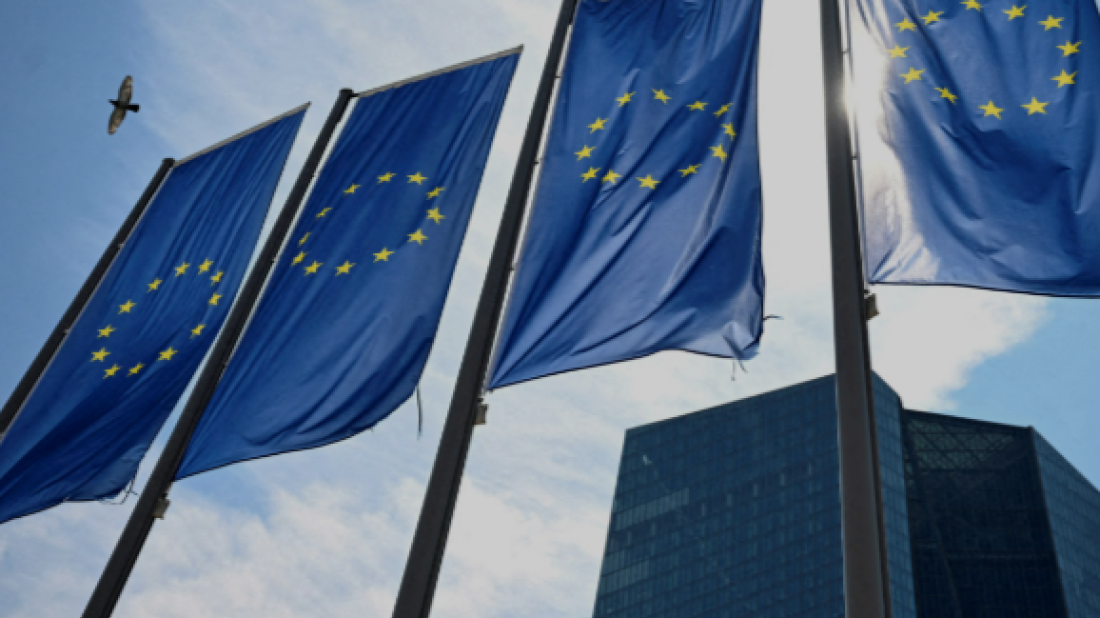
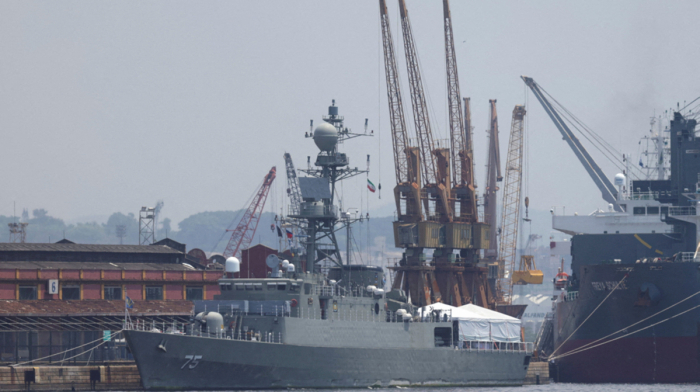
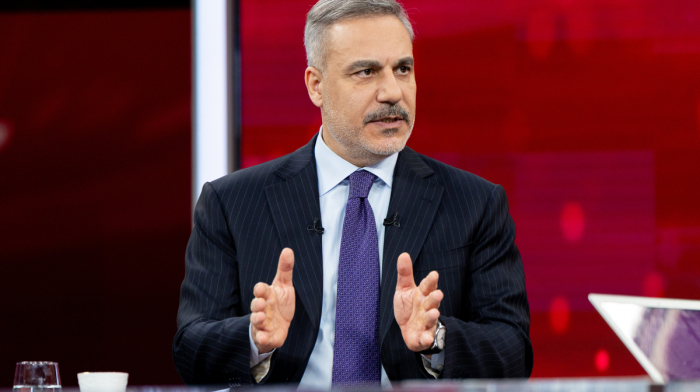
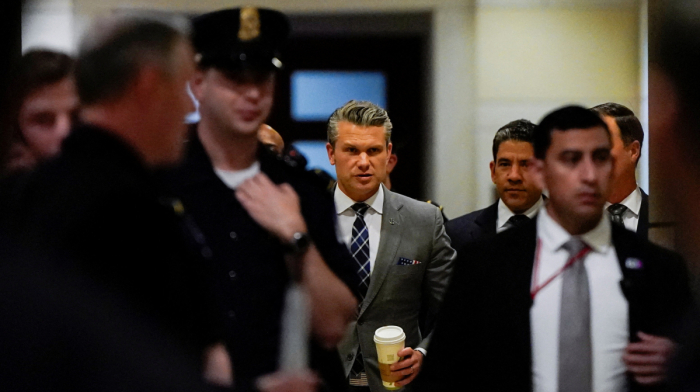
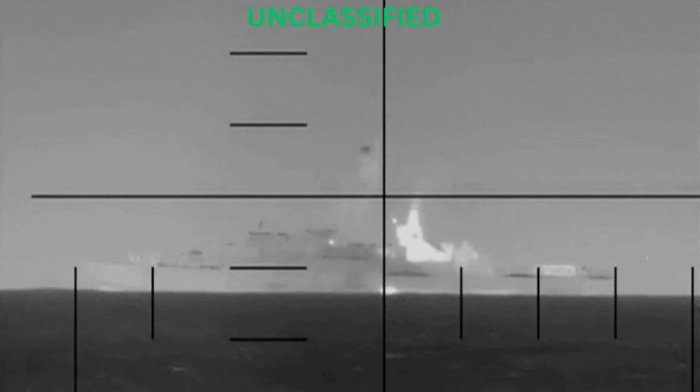
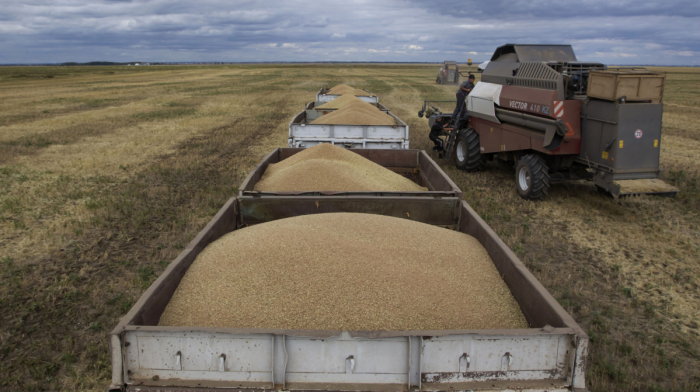

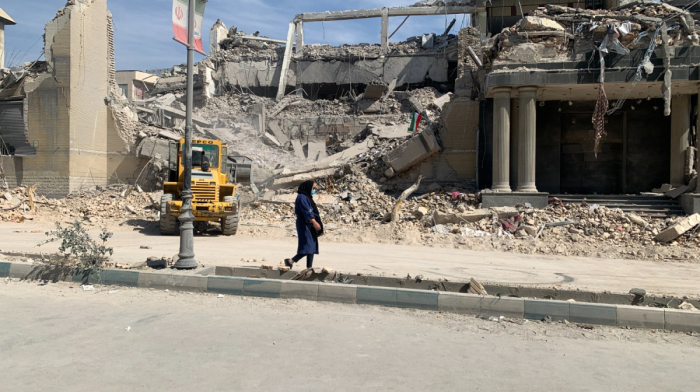
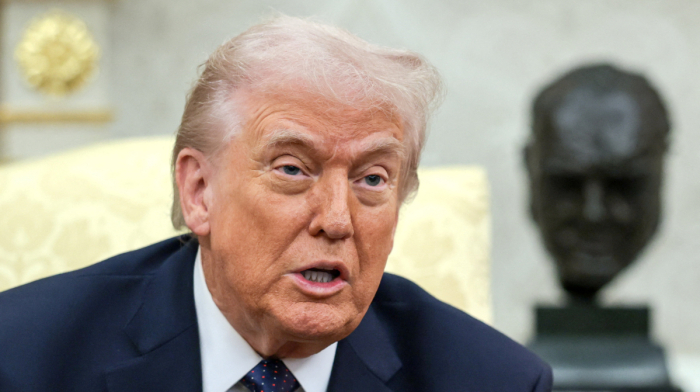
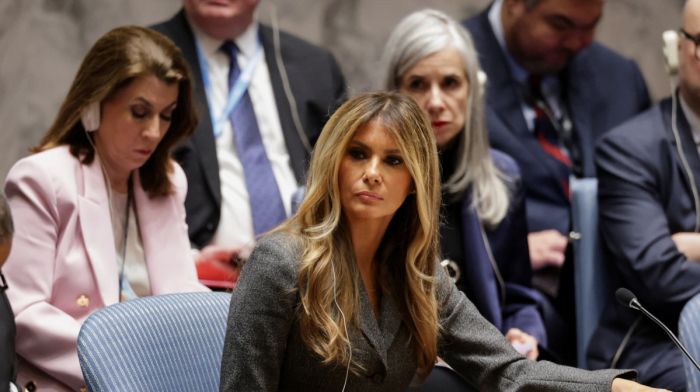


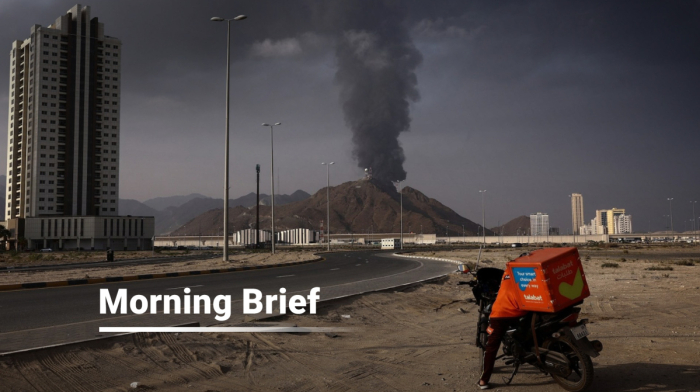

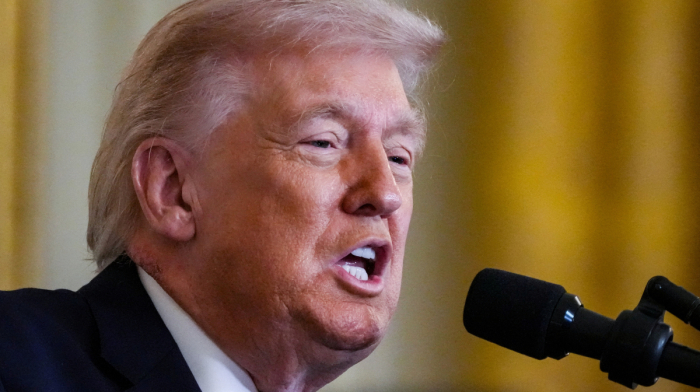




What is your opinion on this topic?
Leave the first comment